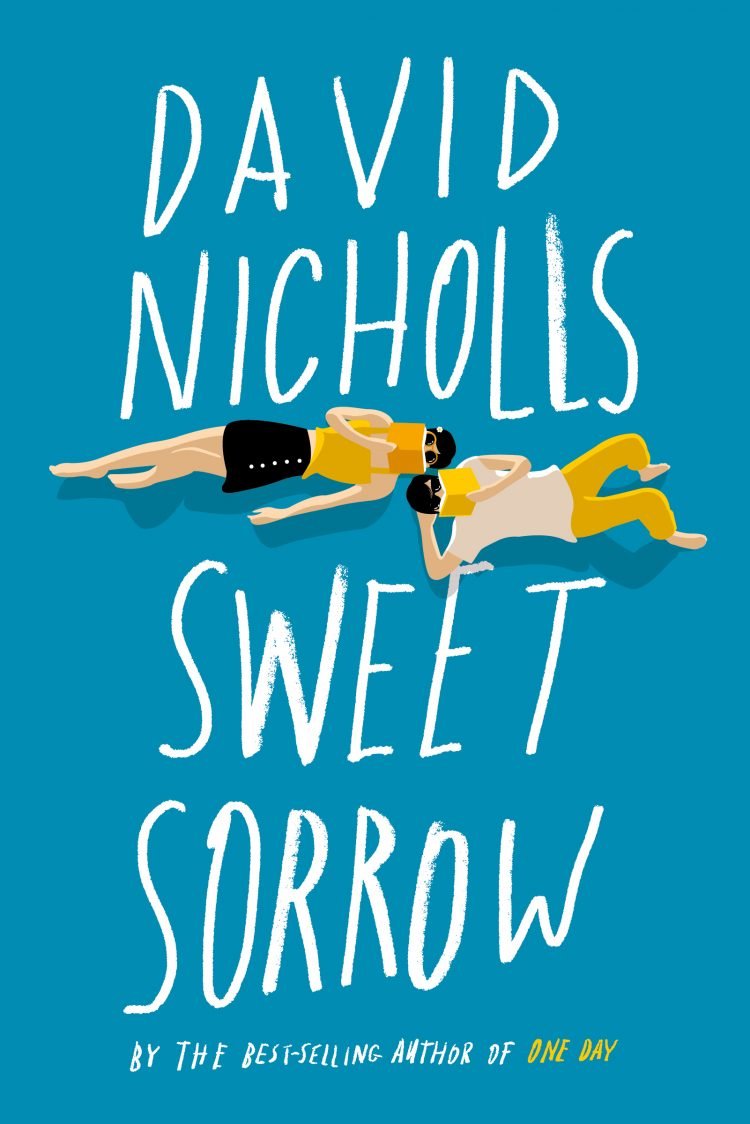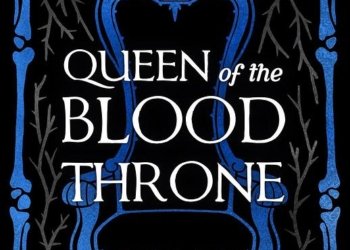No products in the cart.
Sweet Sorrow by David Nicholls
David Nicholls takes us on a Shakespearean trip down memory lane in Sweet Sorrow. The narrative, which is largely delivered in wise reflection, captures the restless atmosphere of the late 1990s as well as the blazing intensity and weight we attach to youthful emotions and experiences. Things that we may later in life, with hard-won perspective, look back on as merely speed bumps.
Science fiction taught me that time acts differently depending on where you are, and that toward the end of June in 1997, it moved more slowly in a sixteen-year-lower old’s bunk than it did everywhere else in the universe.
Evocative Characterisation
Readers will cheer for Lead Charlie Lewis, an underdog who is comparable to the well-known cartoon figure Charlie Brown. Lacking the “ideal” role model and experiencing disappointment after failure, he has filled his cup with pessimism, privately desiring but not daring to aspire for anything better.
Though I would have hated for anyone to believe it, I must have appeared lonely. While boredom was a natural state for us, loneliness was frowned upon, so I made an effort to project the image of a lonesome rider who was a maverick, unknowable, and independent. However, it takes a lot of effort to not appear lonely when you’re not and joyful when you are. When I could no longer maintain the appearance of relaxation, I would cycle out of town. It’s like holding out a chair at arm’s length.
And everyone who tries to publicly express their appreciation for “the arts” must be either snobby snobs or followers of a cult, according to his loutish friends: The chairs in Ivor and Alina’s chairs skittered back across the parquet as they surged forward with such power. Ivor, chubby and wide-eyed like a spoiled King Charles Spaniel, exclaimed, “How are you doing, kiddies, all right?” Ivor had the bumptious, cajoling demeanour we knew from children’s television, so we murmured, “Fine.” He cradled one ear. I’m unable to hear you.
Weighty Symbolism
What other feeling, though, could compel a sullen adolescent to set aside familial allegiances (and preconceived notions) and spend his summer vacation with a theatre troupe? Sweet Sorrow is rich with symbolism, alluding to both the characters in Romeo and Juliet specifically (the play the youths are practising for for the majority of this book) and the Shakespearean tropes generally. The warring factions, the young and the old, the wealthy and the poor, all have more things in common than each side would want to acknowledge. the intense urgency and longing of youth. dark humour derived from apparent tragedy.
Charlie gains new insights on himself, people around him, and the overarching plot of life as he learns to comprehend the famous Shakespearean play. Nicholls is a master at developing characters, although in this instance I’d characterise his method as especially leisurely. The choice to tell this event in retrospect had already significantly reduced the level of tension, and the telling of possibly more non-euphemistic “running through lines” than was required left gaps in the narrative.
About The Book
A heartbreaking and brilliantly comic coming-of-age story about the heart-stopping thrill of first love—and how just one summer can eternally change a life—comes from the best-selling author of One Day.
Charlie Lewis, age 38, is about to get married and embark on a new life, but he finds that he can’t stop thinking about the past, specifically the happenings of one particular summer.
Then: Charlie Lewis, 16, is the kind of boy you don’t recall from the school picture. His academic progress is poor. He cares for his depressive father at home, even though it should be the other way around, and when he does ponder about the future, he does it with a sense of dread. But when Fran Fisher bursts into his life and despite himself, Charlie begins to hope.
Charlie must take on a challenge in order to spend time with Fran, a one that can cost him his friends’ respect and force him to change. He needs to join the company. And if the Company seems like a cult, the truth is much more horrifying: It would appear that Shakespeare’s Romeo and Juliet, which were studied and performed in a theatre troupe over the course of a summer, is the price of hope.
Sweet Sorrow is a tragicomedy about the rocky road to adulthood and the confusion of family life that is poignant, funny, entrancing, and devastating. It is also a celebration of the reviving power of friendship and that fleeting, searing explosion of first love that can only be looked at directly after it has burned out.
The Review
Sweet Sorrow
9 Score
I enjoyed this book as much as any John Green book. I read it last month and two books ago; yet I keep thinking about it. Awkward teenager Charlie Lewis hates his home life where he lives with his alcoholic, depressed, newly divorced father. Charlie stumbles upon a summer theater group preparing for Romeo and Juliet. The prettiest girl, who plays Juliet, invites Charlie to join the cast. This leads to first love, emotionally and physically for Charlie.
PROS
- Creative, Unusual Story.
- Very Likable Characters.
- Very Creative Storyline.
- Bittersweet And Moving.
CONS
- Very Disappointing Book.
- Terrible And Boring.
- Too Long For Thin Plot.
- Uninteresting Characters.











